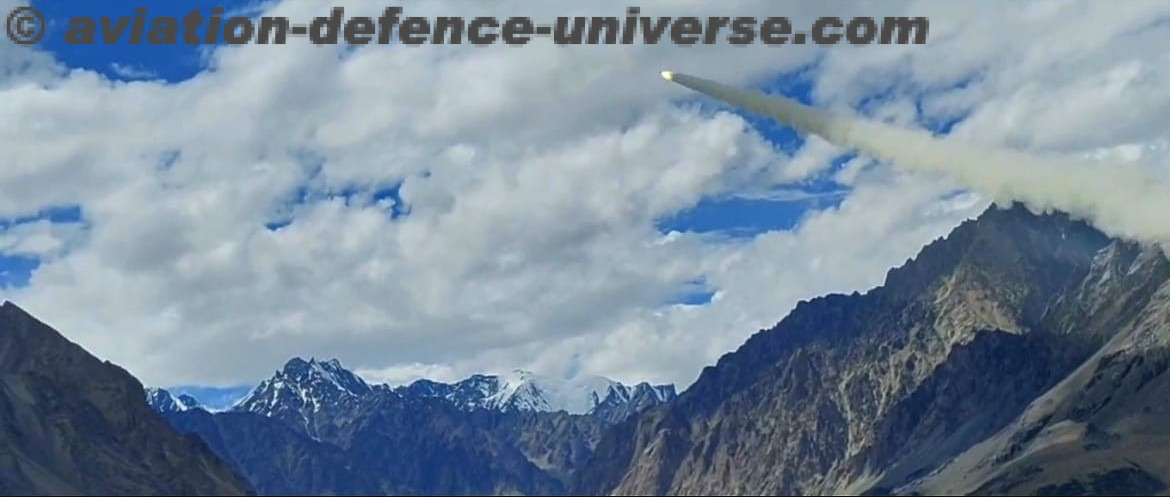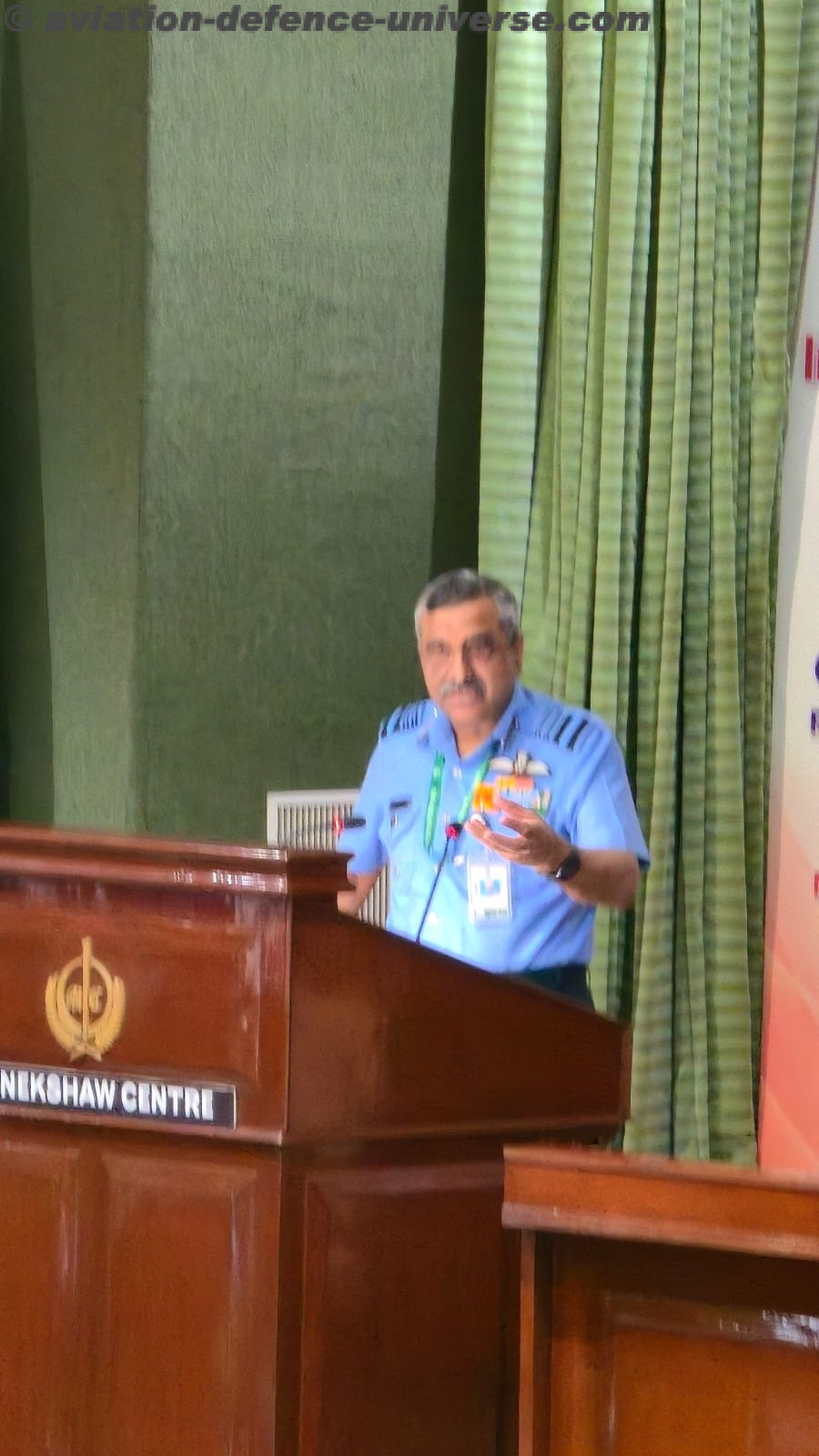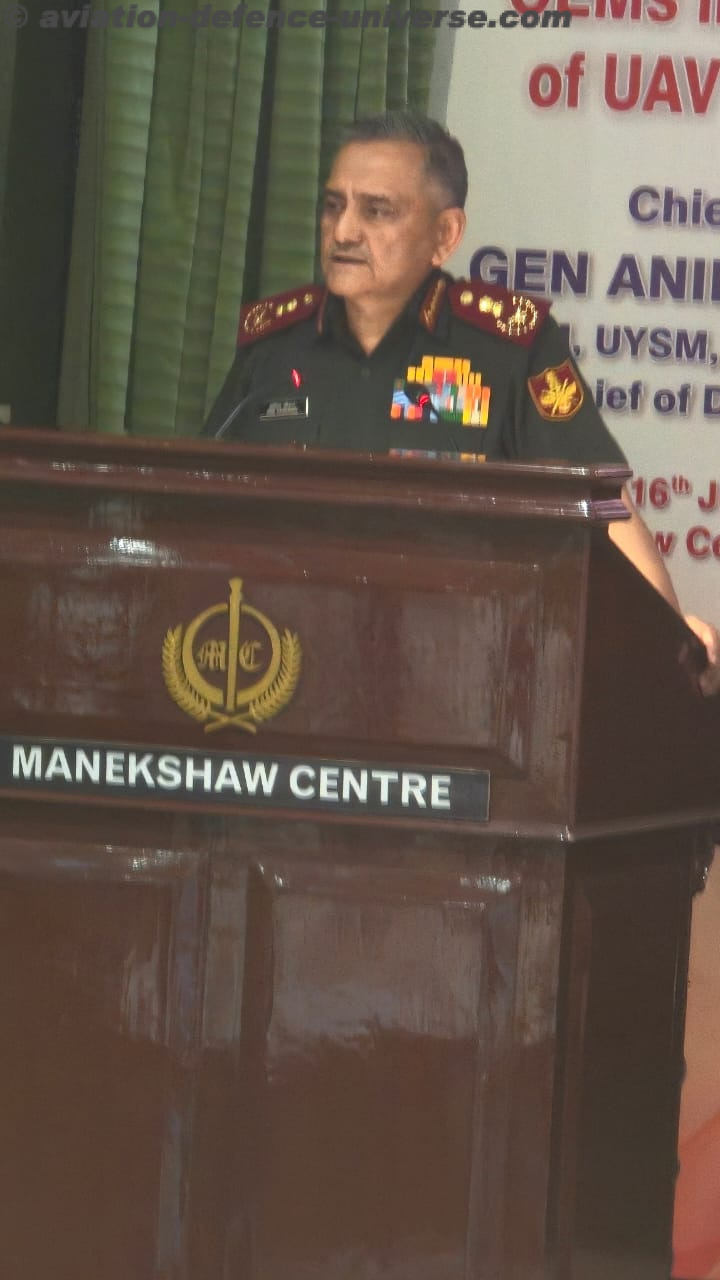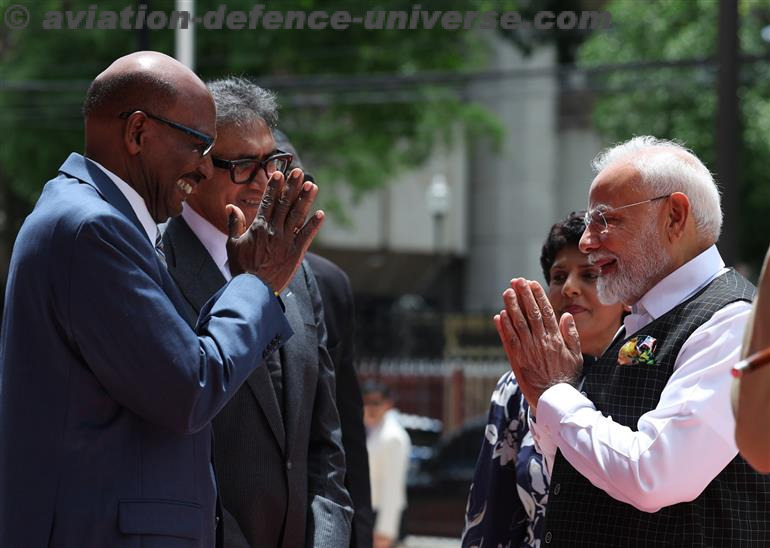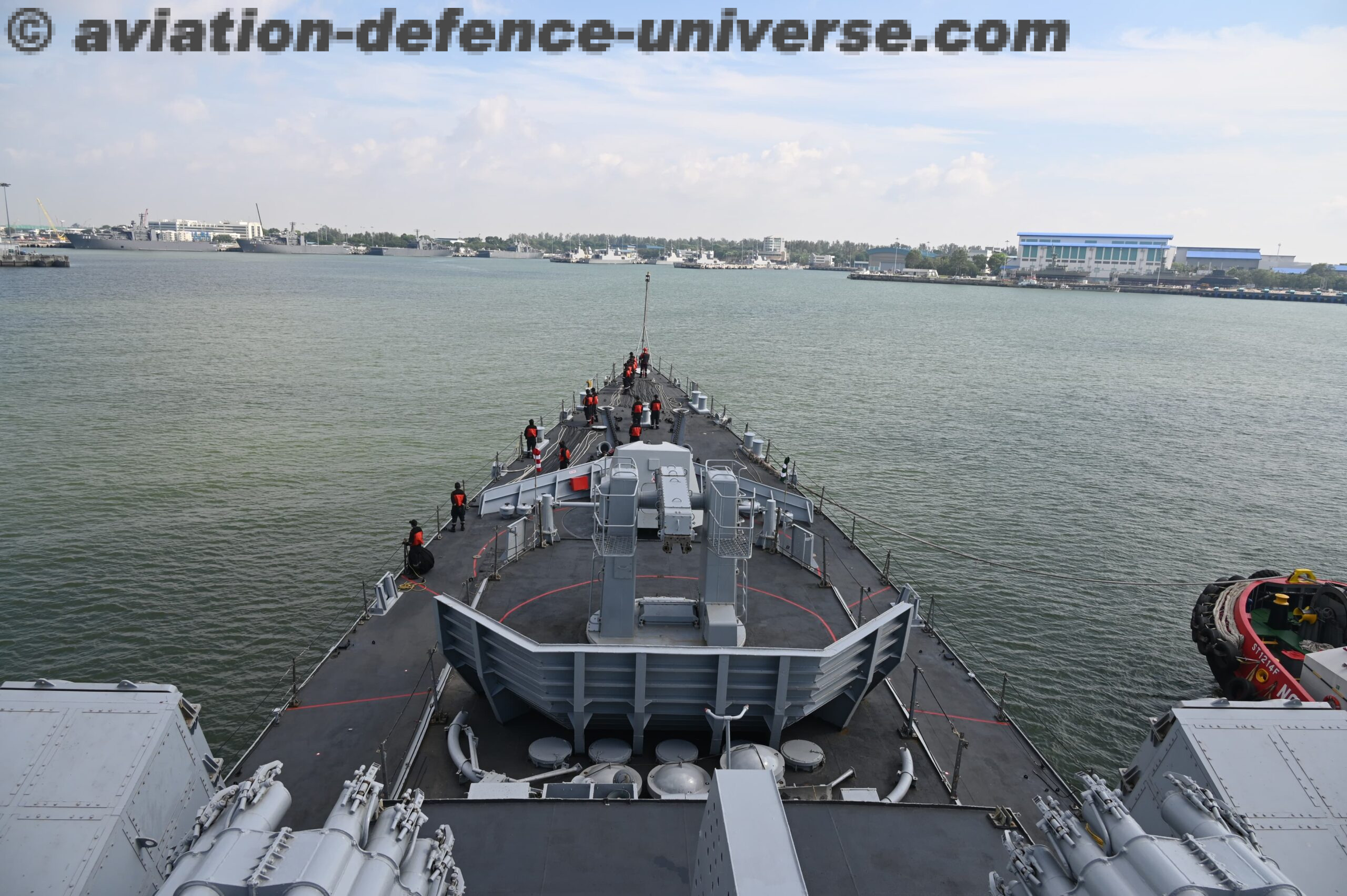357 – Battle of Strasbourg: Julian, Caesar (deputy emperor) and supreme commander of the Roman army in Gaul, wins an important victory against the Alemanni at Strasbourg (Argentoratum).
766 – Emperor Constantine V humiliates nineteen high-ranking officials, after discovering a plot against him. He executes the leaders, Constantine Podopagouros and his brother Strategios.
1248 – The Dutch city of Ommen receives city rights and fortification rights from Otto III, the Archbishop of Utrecht.
1258 – Regent George Mouzalon and his brothers are killed during a coup headed by the aristocratic faction under, paving the way for its leader, Michael VIII Palaiologos, to ultimately usurp the throne of the Empire of Nicaea.
1537 – The Honourable Artillery Company, the oldest surviving regiment in the British Army, and the second most senior, is formed.
1543 – The first Europeans and firearms arrive in Japan.
1580 – Battle of Alcântara. Spain defeats Portugal.
1609 – Galileo Galilei demonstrates his first telescope to Venetian lawmakers.
1630 – Portuguese forces are defeated by the Kingdom of Kandy at the Battle of Randeniwela in Sri Lanka.
1758 – Seven Years’ War: Frederick II of Prussia defeats the Russian army at the Battle of Zorndorf.
1825 – Uruguay declares its independence from Brazil.
1830 – The Belgian Revolution begins.
1875 – Captain Matthew Webb became the first person to swim across the English Channel, traveling from Dover, England, to Calais, France, in 22 hours.
1883 – France and Viet Nam sign the Treaty of Huế, recognizing a French protectorate over Annam and Tonkin.
1912 – The Kuomintang, the Chinese nationalist party, is founded.
1914 – World War I: The library of the Catholic University of Leuven is deliberately destroyed by the German Army. Hundreds of thousands of irreplaceable volumes and Gothic and Renaissance manuscripts are lost.
1920 – Polish–Soviet War: Battle of Warsaw, which began on August 13, ends with the Red Army’s defeat.
1933 – The Diexi earthquake strikes Mao County, Sichuan, China and kills 9,000 people.
1939 – The United Kingdom and Poland form a military alliance in which the UK promises to defend Poland in case of invasion by a foreign power.
1942 – World War II: Battle of Milne Bay, Papua New Guinea.
1942 – World War II: second day of the Battle of the Eastern Solomons. A Japanese naval transport convoy headed towards Guadalcanal is turned-back by an Allied air attack, losing one destroyer and one transport sunk, and one light cruiser heavily damaged.
1944 – World War II: Paris is liberated by the Allies.
1945 – Ten days after World War II ends with Japan announcing its surrender, armed supporters of the Chinese Communist Party kill U.S. intelligence officer John Birch, regarded by some of the American right as the first victim of the Cold War.
1980 – Zimbabwe joins the United Nations.
1981 – Voyager 2 spacecraft makes its closest approach to Saturn
1989 – Voyager 2 spacecraft makes its closest approach to Neptune, the second to last planet in the Solar System at the time.
1991 – Belarus gains its independence from the Soviet Union
1991 – The Battle of Vukovar begins. An 87-day siege of Vukovar by the Yugoslav People’s Army (JNA), supported by various Serb paramilitary forces, between August and November 1991 (during the Croatian War of Independence).
1997 – Egon Krenz, the former East German leader, is convicted of a shoot-to-kill policy at the Berlin Wall.
2012 – Voyager 1 spacecraft enters interstellar space becoming the first man-made object to do so.











